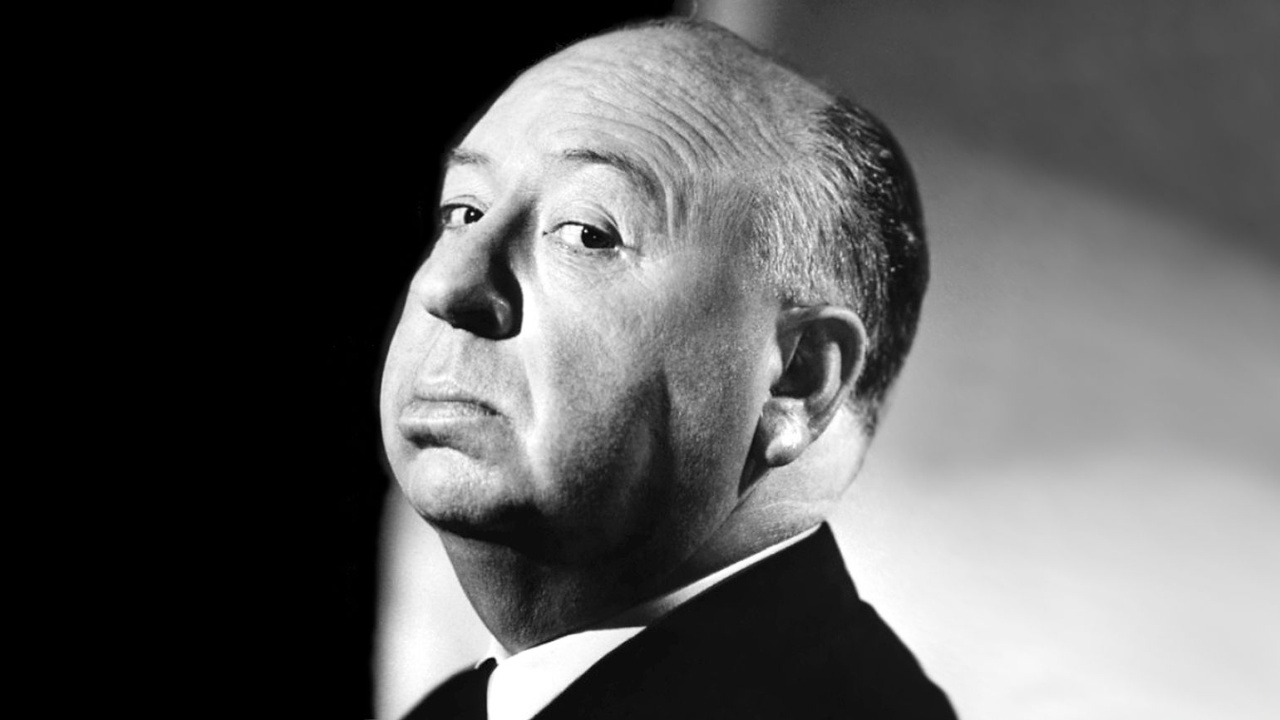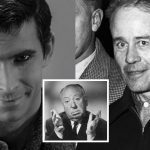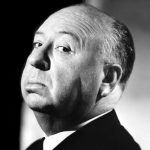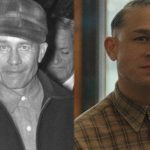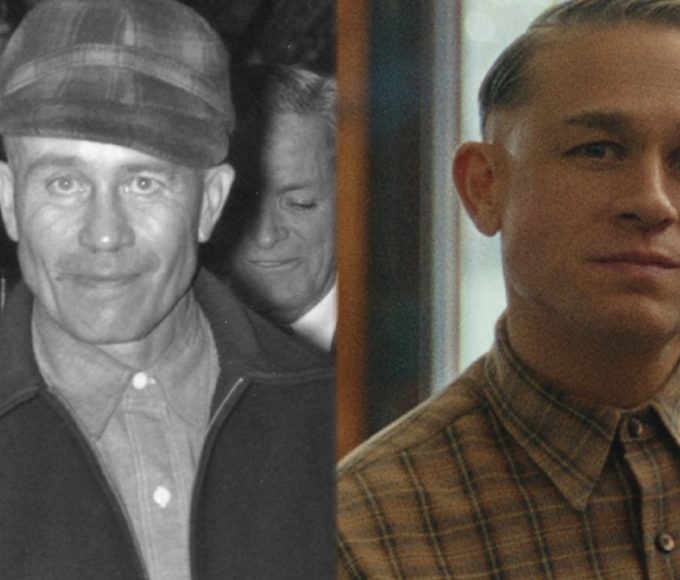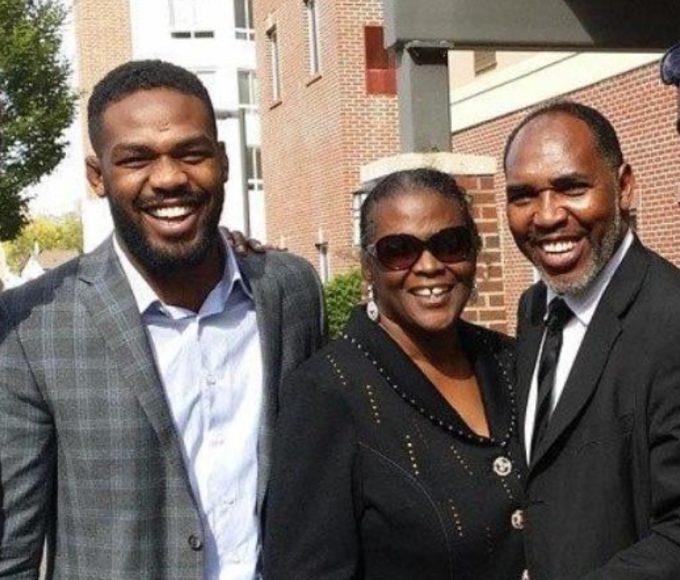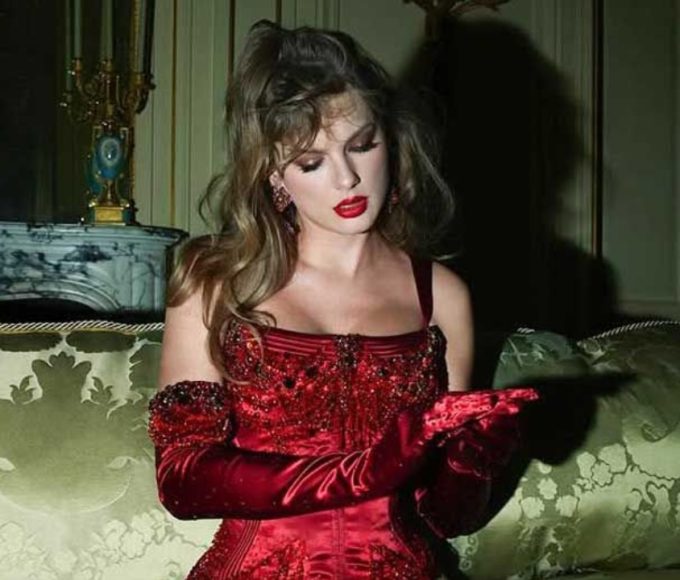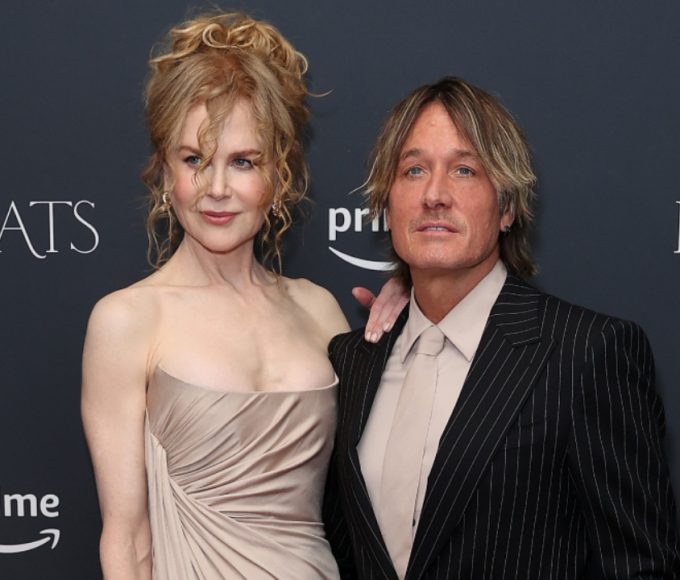You know Alfred Hitchcock as the master of suspense, the guy who turned everyday fears into cinematic gold with movies like Psycho and Vertigo. But lurking behind that rotund silhouette and those droll TV intros is a murkier question: did his fascination with watching people cross over from the screen into real life? Rumors have swirled for decades about Hitch being something of a voyeur, peeking into private worlds not just through his camera lens but in ways that felt invasive and creepy to those around him. It’s a topic that mixes his artistic genius with some seriously uncomfortable personal anecdotes, making you wonder where the director ended and the man began.
Digging into this, it’s clear that Hitchcock’s life and work were tangled up in themes of observation and control. He once quipped that we’re all voyeurs at heart, especially when we plop down in a dark theater to spy on fictional lives. But was that just clever self-reflection, or a hint at something deeper? Stories from his sets and relationships paint a picture of a filmmaker who sometimes blurred boundaries, treating people like props in his own private drama. Let’s unpack this without sugarcoating—after all, understanding the flaws of icons like him helps us appreciate the art while acknowledging the human messiness.
The Voyeuristic Lens of His Films
Alfred Hitchcock’s movies often put you right in the shoes of someone sneaking a look where they shouldn’t. Take Rear Window from 1954, where Jimmy Stewart plays a photographer stuck in a wheelchair, binoculars glued to his neighbors’ apartments across the courtyard. The whole plot hinges on this guy turning into an amateur detective by invading privacy from afar, spotting what might be a murder. It’s thrilling, sure, but it also makes you complicit— you’re watching him watch them, and Hitchcock ramps up the tension by framing shots like peepholes, drawing you into the guilt of it all.
You Might Like: Mark Sanchez’s 3 Kids: Meet His Son and Twin Daughters
He didn’t stop there; in Psycho, that infamous shower scene starts with a literal hole in the wall, Norman Bates peering through at Marion Crane undressing, turning the audience into unwilling accomplices to his twisted gaze. Hitchcock crafted these moments meticulously, using camera angles that mimicked a hidden observer, forcing viewers to confront their own curiosity about the forbidden.
This wasn’t accidental—Hitchcock openly embraced voyeurism as a storytelling tool. In interviews, he’d chat about how cinema itself is a voyeuristic act, letting us safely indulge in peeping without consequences. Films like Vertigo add layers, with Scottie Ferguson obsessively tailing a woman, his fixation blending surveillance with desire. Critics have pointed out how these themes echoed Freudian ideas, where looking becomes tied to power and sexuality.
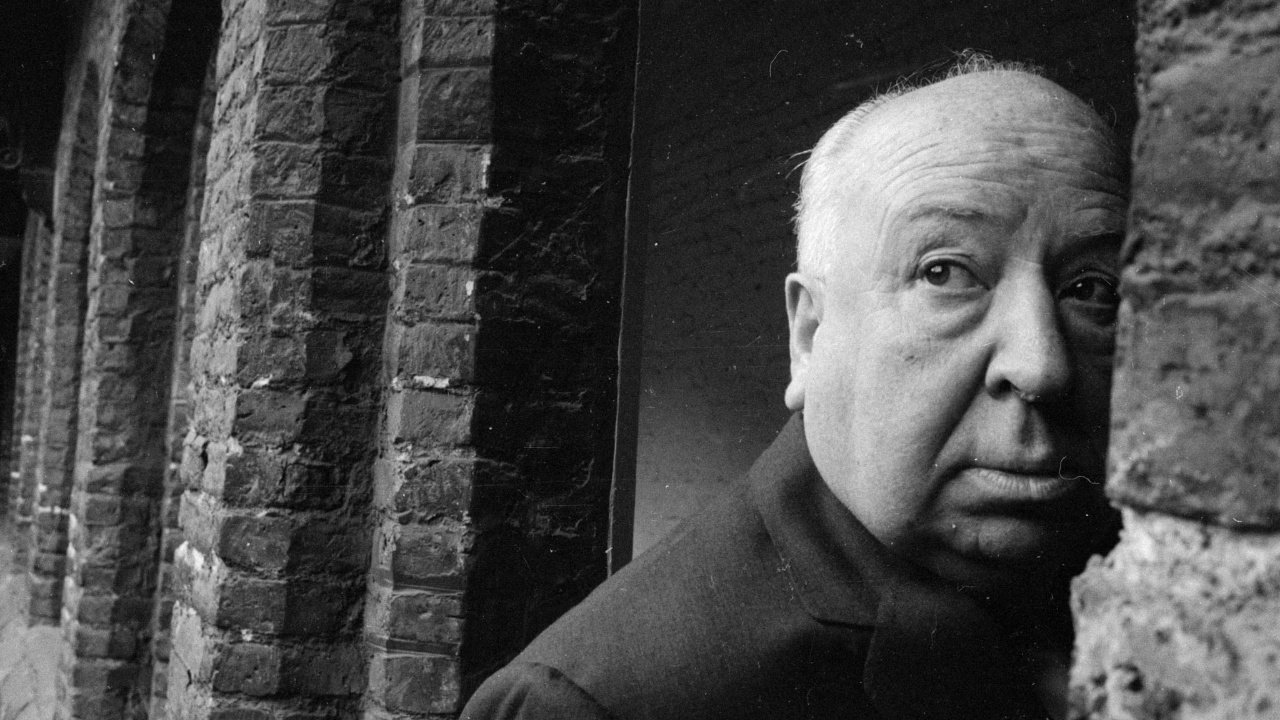
Even lesser-known works, like The Wrong Man, toy with being watched by authorities, but it’s the intimate, personal spying in his thrillers that sticks. Hitchcock’s knack for making voyeurism feel both naughty and necessary turned his films into cultural touchstones, influencing everything from horror flicks to modern surveillance debates. Yet, you can’t help but ask: was he drawing from his own impulses, or just brilliantly tapping into universal ones?
Troubling Tales from the Set
Shifting focus to Alfred Hitchcock’s off-screen world, things get dicier with accounts from actresses who worked with him. Tippi Hedren, star of The Birds and Marnie, has shared chilling stories of harassment that smack of voyeuristic control. She described how Hitchcock would summon her to his office for private “discussions” that turned invasive, once even lunging at her in a limo, trying to force a kiss.
On set, he’d orchestrate scenes that put her in vulnerable spots, like the infamous bird attack sequence where real birds were hurled at her for days, leaving her battered and terrified—far beyond what was needed for the shot. Hedren later revealed in her memoir that he had her followed, monitored her social life, and dictated her wardrobe even off-duty, like a director who couldn’t turn off the camera.
This pattern wasn’t isolated; other blondes in his orbit, like Kim Novak or Grace Kelly, hinted at his obsessive tendencies, though Hedren’s experiences stand out for their intensity. He’d fixate on their appearances, molding them into his ideal “cool blonde” archetype, which felt like objectification wrapped in artistry. Pranks on set sometimes veered into cruelty, like handcuffing actors together for hours as a “joke,” testing boundaries under the guise of fun. While not literal window-peeping, this behavior carried a voyeuristic edge—watching reactions, controlling narratives in real life.
Alfred Hitchcock’s wife, Alma, knew about some of it, but the era’s norms let much slide. Today, these stories resurface in #MeToo conversations, with Hedren comparing him to figures like Harvey Weinstein. So, was he a peeping tom? Maybe not in the classic sense, but his actions suggest a man who thrived on the thrill of unseen observation, both in reels and reality.


